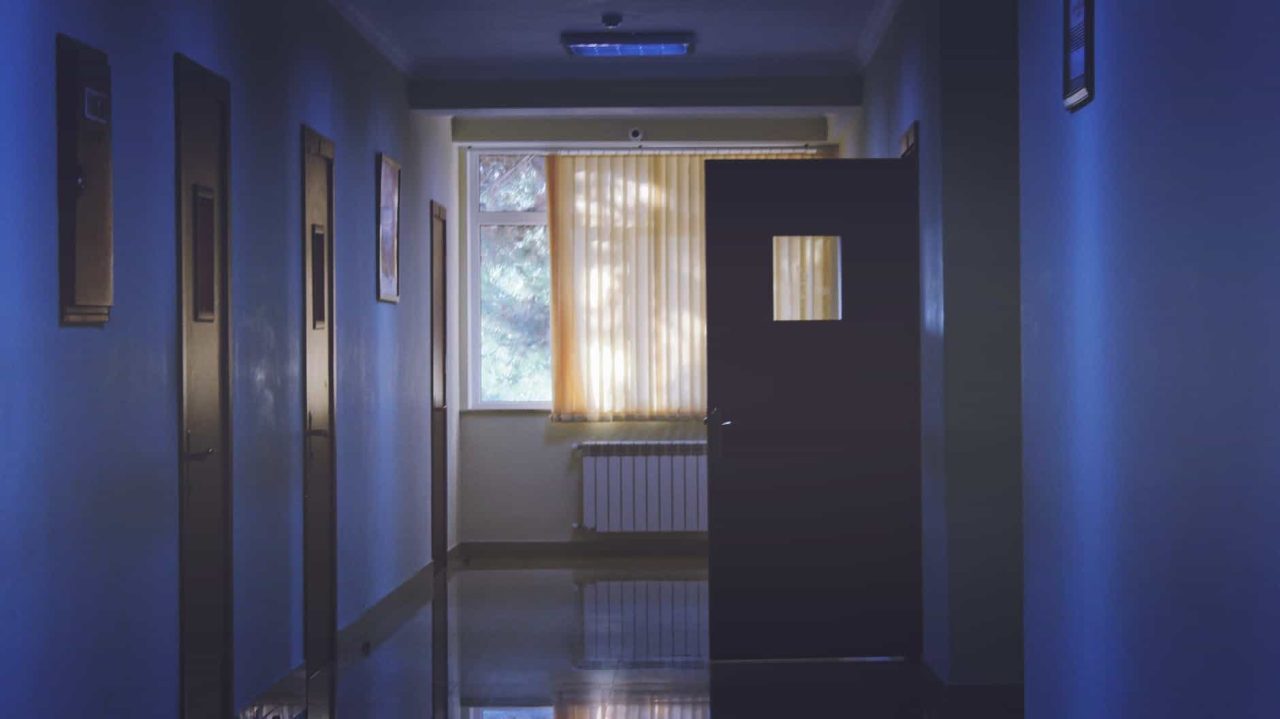Province ‘planning for the worst’ with new COVID-19 restrictions at long-term care homes in Mississauga, Brampton and Caledon
Published December 14, 2021 at 2:49 pm

Concerns over the Omicron variant and strains on the healthcare system have led to new COVID-19 measures at long-term care homes in Mississauga, Brampton and Caledon.
As of Tuesday, the province will require anyone visiting a long-term care home in Ontario to be fully vaccinated.
Even more restrictions will start on Friday (Dec. 17), and retirement homes will also see enhanced safety measures starting on Dec. 22 including limits on the number of visitors and group sizes for social activities and events.
All staff, students, volunteers, and caregivers will need to get tested at least twice a week prior to entry regardless of vaccination status.
The new measures are due to the rising rates of community infection and the emerging threat of the Omicron variant.
Dr. Kieran Moore, Ontario’s chief medical officer of health, said the variant in rapidly becoming the dominant strain in the province.
“It is a threat, and we need to urgently understand its severity and impact on the health system,” Moore said.
Moore said the province is “planning for the worst” by putting measures in place to avoid healthcare worker shortages and protect vulnerable populations.
He said the variant is also showing signs of spreading among vaccinated individuals, but the full impact of Omicron is still unknown.
Peel’s medical officer of health said on Tuesday that it’s only a matter of time before the Omicron variant “will take off” in Mississauga, Brampton and Caledon.
Starting on Friday, all long-term care homes will require:
- Testing of all staff, students, volunteers, and caregivers, regardless of vaccination status, at least twice a week prior to entry.
- A negative test upon entry to a long-term care home for all visitors and support workers who provide essential services to a resident or to the facility.
- Caregivers to be fully vaccinated, unless they have a valid medical exemption or are attending to a resident in a palliative end-of-life situation.
- Limited indoor visits to a maximum of two people per resident at a time and outdoor visits to a maximum total of four people per resident at a time.
- Cohorting of residents for higher-risk activities, such as singing and dancing, and discouraging large social activities.
- Limiting social day trips to only residents who are fully vaccinated and requiring those residents who leave the home for social reasons to be actively screened upon their return to the home and if they had a known exposure to a case, isolated and tested using a PCR test.
- Suspended overnight absences for social purposes regardless of residents’ vaccination status.
Starting on Dec. 22, retirement homes will:
- Require rapid antigen testing for staff, volunteers, contractors and essential caregivers, regardless of vaccination status, two times per week prior to entry into the home as part of enhanced active screening practices.
- Require rapid antigen testing for general visitors and support workers entering a retirement home, regardless of vaccination status.
- Limit the number of visitors and group sizes for social activities and events.
- Implement additional testing and isolation requirements for residents when they return from an overnight absence.
